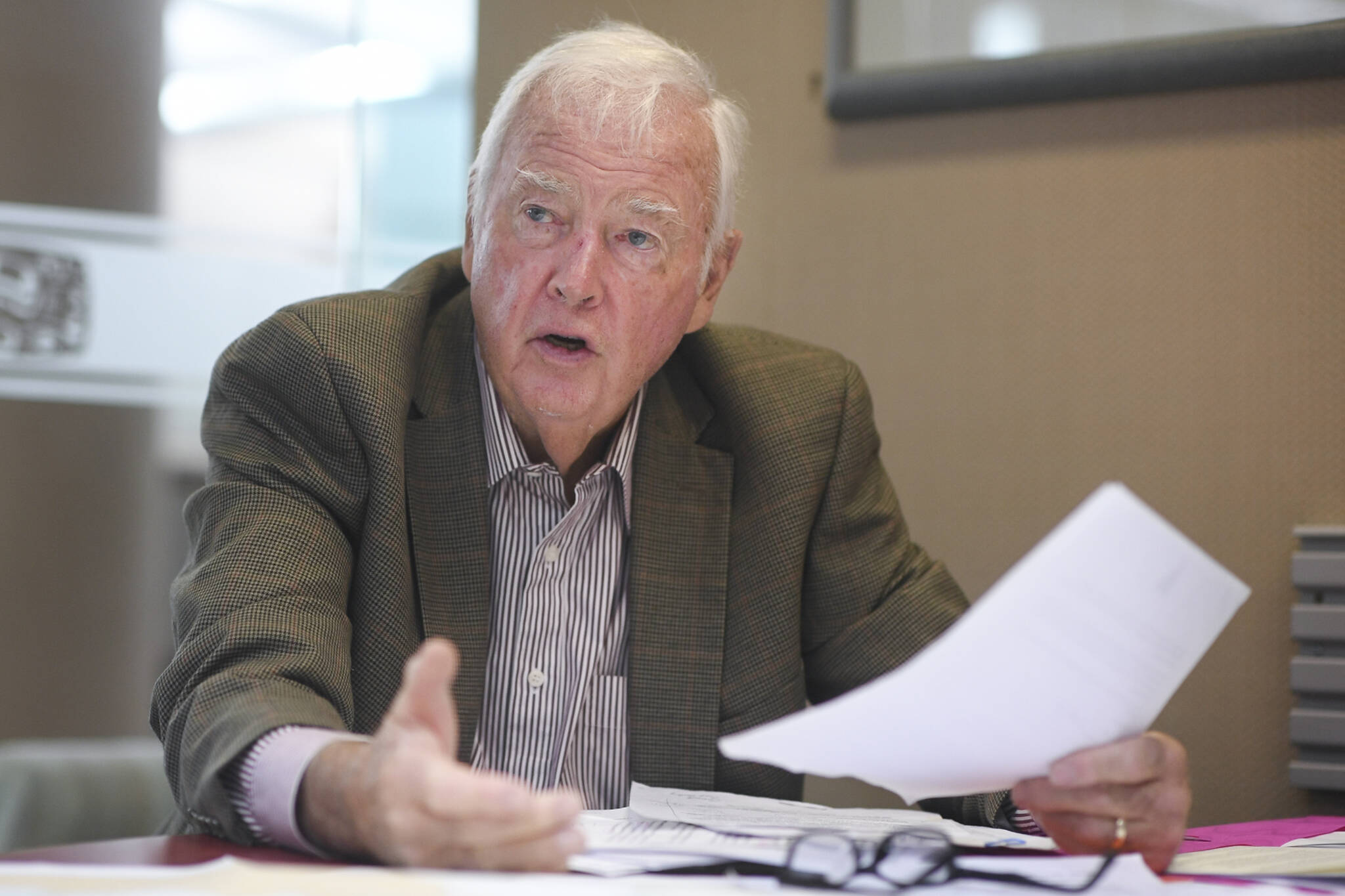I was surprised to learn of the procedure that has been evidently adopted by the Trump administration, which allows high level advisors like Elon Musk to maintain multiple private income sources that could benefit them substantially from the advice he is giving our president.
He is reported to have already received $38 billion in contracts, tax credits and loans from the federal government. He is reported to be seeking the federal government’s underwriting of a SpaceEx voyage to Mars. Musk should be required to disclose the benefits his businesses will receive from the advice he gives the president, divest those business interests, or at least, recuse himself from those businesses.
Musk’s role reminds me of a policy adopted some years ago by members of Congress — both the House and Senate. During my 22 years in the Senate, members were permitted to generate honoraria fees by giving speeches to constituent groups. The honorarium was paid directly to members of Congress by the constituent for speeches that addressed a wide variety of issues — often issues directly affecting the constituent’s business or political interest. Fees were generally a few thousand dollars but varied depending on the member’s seniority and the chairmanships. During the course of a year a member could raise several thousands of dollars which could supplement their government pay.
The case was made that this exposed members of Congress to the influence of individuals or organizations. The growing concern over the influence of private sources funding members resulted in the Ethics Reform Act of 1989.
The Ethics Reform Act of 1989 prohibits members from accepting honoraria for speaking at events. This act is part of a system that offers annual pay adjustments while regulating other income. Contributions under $2,000 are allowed to charitable organizations in lieu of an honorarium as long as neither the member nor any family members receive financial gain from the charity.
I believe that there is a parallel between forms of remuneration apparently allowed to the senior advisors to the president, and the now prohibited payment of honoraria to members of Congress. The necessity of having advisors to our president and senior department heads serves a vital and necessary purpose, but to allow those advisors to have their private business benefit from the advice they give, as in the case of Musk, is a potential conflict
Indeed, federal law (18U.S.C. § 206) bars executive branch employees, which can include unpaid consultants, from participating in government matters that will affect their financial interests, unless they divest of their interests or recuse themselves. Musk and other non-elected advisors should be held to the same standards as the elected members of Congress, who are subject to the vote of the people.
Frank H. Murkowski is a former U.S. senator from Alaska and the state’s eighth governor.


